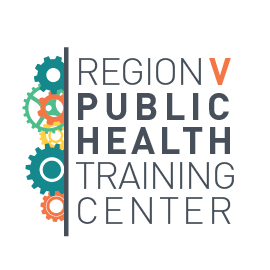By Jalisa Dawkins, MPH, CHES, Student, Doctor of Public Health in Executive Leadership, Gillings School of Global Public Health, UNC Chapel Hill
Background
The National Health Service (NHS) offers a unique model of health care delivery. It is universally accessible and funded through general taxation. While the core services are comprehensive, certain areas, such as dental care and long-term care, are either partially subsidized or means-tested. A small proportion of the population holds private insurance, often employer-sponsored, which becomes more common during periods of prolonged service delays. Despite growing concerns over wait times, public sentiment remains highly favorable toward the NHS, with many expressing willingness to increase tax contributions in support of system improvements.
A noteworthy feature of the NHS is its dual role in facilitating both public and private service provision. Certain providers are permitted to deliver private services, with a portion of the revenue returned to the NHS for using their facilities. This approach raises important considerations regarding the boundaries of public provision and the risk of incentivizing parallel systems.
Another operational strength is the NHS’s ability to leverage anonymized data through secure platforms that allow researchers to conduct analyses without direct access to sensitive datasets, ensuring both data integrity and privacy.
The visit also highlighted ongoing efforts to improve health system performance through policy innovation and targeted investment. Independent foundations in the UK play a significant role in supporting applied research both there and abroad. These entities are often endowed, allowing them to operate outside governmental constraints while still aligning with national health objectives.
 Research Initiatives
Research Initiatives
Research institutions and funding bodies are increasingly adopting models that emphasize early engagement with affected populations in the design of research initiatives.
These models promote practical approaches to understanding service delivery challenges, such as incorporating community input in mental health research or ensuring that study protocols reflect the lived realities of target populations.
Participatory frameworks, such as design-a-thons and open calls for solutions, were presented as useful methods for surfacing locally informed strategies and improving implementation outcomes.
Collaboration
Finally, discussions with local health authorities and community-based organizations underscored the importance of cross-sector collaboration. Local health authorities are experimenting with models that bring together primary care and social support services, offering funding to encourage innovative, community-specific responses to health challenges. However, many grassroots organizations struggle with the absence of sustained financial support, which hampers their ability to scale successful interventions.
Summary
This academic engagement provided a deeper understanding of the operational and philosophical underpinnings of the UK health system. It offered not only insights into effective policy and funding strategies but also highlighted the importance of contextual knowledge in designing responsive, sustainable health interventions.

